

Articles
How To Store Popcorn
Modified: December 7, 2023
Learn common methods for storing popcorn to keep it fresh and delicious. Discover articles and guides on proper storage techniques for this popular snack.
(Many of the links in this article redirect to a specific reviewed product. Your purchase of these products through affiliate links helps to generate commission for Storables.com, at no extra cost. Learn more)
Introduction
Popcorn is a beloved snack enjoyed by people of all ages. Whether you indulge in it while watching a movie or savor it as a snack during leisure time, there’s no denying the joy of popcorn. But did you know that proper storage is essential to maintain its freshness and taste? In this article, we will explore the importance of storing popcorn correctly and provide useful tips for keeping it fresh for longer periods.
When popcorn is not stored properly, it can quickly lose its crispy texture and delectable flavor. Factors such as humidity, exposure to light, and improper sealing can all contribute to the degradation of popcorn quality. By following proper storage methods, you can prolong the freshness of your popcorn and ensure that every kernel bursts with flavor when you decide to snack on it.
We will discuss the ideal storage containers for popcorn, the importance of choosing the right location, considerations for temperature and humidity, preventing exposure to moisture and light, storing popcorn with other foods, properly sealing the containers, and checking for freshness before storage. Let’s dive in and learn how to store popcorn effectively!
Key Takeaways:
- Proper storage is crucial for maintaining the freshness, texture, and taste of popcorn. Choosing the right container, location, and sealing method ensures every kernel pops with perfection for a delightful snacking experience.
- Protecting popcorn from moisture, light, and odors is essential for preserving its quality. By following simple guidelines and checking for freshness, you can enjoy delicious, crunchy popcorn for months to come.
Read more: How To Store Popcorn Balls
Importance of Proper Storage
Proper storage is crucial for maintaining the quality and flavor of popcorn. When popcorn is exposed to unfavorable conditions, it can become stale, lose its crunchiness, and develop an unpleasant taste. Here’s why proper storage is essential:
- Freshness: Popcorn is at its best when it is fresh. Storing it correctly helps preserve its freshness for an extended period. Fresh popcorn provides a satisfying crunch and a delicious taste that is worth savoring.
- Texture: Proper storage prevents popcorn from becoming chewy or tough. Nobody wants to bite into a stale or rubbery kernel. By storing popcorn correctly, you can maintain its delightful texture and enjoy the perfect balance of crispiness.
- Taste: Popcorn is known for its unique and enticing flavor. However, improper storage can cause it to absorb odors or develop a rancid taste. Storing popcorn in the right conditions ensures that it retains its original, mouthwatering taste.
- Economy: Buying popcorn in bulk or taking advantage of deals can be a cost-effective option. But it’s essential to store it properly to make the most of your purchase. Proper storage prevents wastage and ensures that your popcorn remains delicious and enjoyable for longer durations.
By understanding the importance of proper storage, you can make the most of your popcorn and delight in its delectable taste and texture. Now let’s explore the best storage containers for popcorn to ensure its freshness and longevity.
Best Storage Containers for Popcorn
Choosing the right storage container for your popcorn is crucial in maintaining its freshness and keeping it free from moisture, odors, and pests. Here are some of the best storage containers for popcorn:
- Airtight Plastic Containers: Airtight plastic containers are an excellent option for storing popcorn. Look for containers with secure lids that create a tight seal, preventing air from entering and moisture from getting in. Clear plastic containers are ideal as they allow you to see the contents without opening the container.
- Glass Jars: Glass jars with airtight lids are another great choice for storing popcorn. They provide a secure seal and offer the added advantage of being transparent, allowing you to easily see the popcorn inside. Make sure to choose jars made from food-grade glass to ensure the safety and freshness of your popcorn.
- Popcorn Tins: Popcorn tins, often used for gifting or during festive seasons, can also serve as practical storage containers. These tins usually come with a tight-fitting lid that helps to maintain the freshness and flavor of the popcorn. Ensure that the tin is clean and free from any residual odors before using it for storage.
- Vacuum-Sealed Bags: Vacuum-sealed bags are an excellent option for long-term storage of popcorn. These bags remove the air from inside, creating a vacuum seal that helps to preserve the freshness and texture of the popcorn. Vacuum-sealed bags are especially useful if you plan to store popcorn for an extended period.
When choosing a storage container, always ensure it is clean, dry, and free from any lingering odors that could affect the taste of your popcorn. Additionally, make sure the container is large enough to hold the desired amount of popcorn and provides a tight seal to keep it fresh. Now that you have chosen the right container let’s move on to the next step, which is selecting the appropriate location for storing your popcorn.
Choosing the Right Location
Once you have selected the perfect storage container for your popcorn, it’s essential to find the right location to store it. The location plays a significant role in maintaining the quality and freshness of the popcorn. Here are some considerations when choosing the right location:
- Cool and Dry: The ideal location for storing popcorn is a cool and dry area. High temperatures can cause the popcorn to lose its crunchiness and taste. Avoid storing popcorn near sources of heat, such as radiators or direct sunlight. Moisture can also be detrimental to popcorn, so choose a place where humidity levels are low.
- Avoid the Fridge: While it might seem tempting to store popcorn in the refrigerator, it is not recommended. The moisture in the refrigerator can make the popcorn lose its crispness and absorb any odors present in the fridge.
- Away from Strong Odors: Popcorn has a porous surface, which makes it susceptible to absorbing odors from its surroundings. Avoid storing popcorn near strong-smelling foods or cleaning products that could transfer odors to the popcorn.
- Elevated: It’s advisable to store popcorn in a location that is elevated off the ground. This helps to prevent any potential moisture or pests from reaching the popcorn. A shelf or cupboard dedicated to storing snacks is an ideal choice.
By choosing the right location for storing your popcorn, you can ensure that it remains fresh, crispy, and free from unwanted odors. Keep these considerations in mind while selecting the storage spot and let’s move on to the next section, where we’ll discuss temperature and humidity considerations for popcorn storage.
Temperature and Humidity Considerations
Temperature and humidity are crucial factors to consider when storing popcorn. Controlling these conditions can help preserve the taste, texture, and overall quality of the popcorn. Here are some considerations regarding temperature and humidity:
- Temperature: Popcorn should be stored in a cool environment, preferably at room temperature. High temperatures can cause the kernels to become dry and lose their natural moisture content, resulting in stale and tasteless popcorn. On the other hand, storing popcorn in very low temperatures can lead to condensation inside the storage container, which can make the popcorn lose its crispness. Therefore, maintaining a moderate room temperature is ideal for preserving the quality of popcorn.
- Humidity: Popcorn is highly sensitive to moisture, which can make it lose its crispy texture and become chewy. It is important to store popcorn in a dry environment with low humidity levels. Avoid storing popcorn in areas with high humidity, such as near the kitchen sink or bathroom, as the moisture in the air can be absorbed by the popcorn, causing it to become soggy.
To ensure optimal conditions for storing popcorn, consider using a dehumidifier in the storage area if necessary, especially in humid climates or during seasons with high humidity levels. By controlling the temperature and humidity, you can maximize the shelf life and enjoyment of your popcorn.
Next, let’s talk about the importance of keeping popcorn away from moisture to maintain its freshness and crunchiness.
Read more: How To Store Leftover Popcorn
Keeping Popcorn Away from Moisture
Moisture is the biggest enemy of popcorn, as it can quickly ruin its texture and taste. To ensure that your popcorn stays fresh and crispy, it’s crucial to keep it away from moisture. Here are some tips for keeping popcorn dry:
- Use Dry Storage Containers: Ensure that your storage containers are completely dry before adding popcorn to them. Any moisture inside the container can transfer to the popcorn and make it lose its crispiness.
- Avoid Open Containers: Open containers or bags expose popcorn to the surrounding air, increasing the chances of moisture absorption. Transfer popcorn to sealed, airtight containers as soon as possible after opening the original packaging.
- Use Desiccants: Desiccants, such as silica gel packets, help absorb moisture and keep the environment inside the storage container dry. Place a desiccant packet in the container with the popcorn to prevent moisture buildup.
- Avoid Refrigeration: Refrigerating popcorn can introduce moisture to the kernels and affect their texture. Keep your popcorn in a cool, dry pantry or cupboard instead.
By taking these precautions, you can protect your popcorn from moisture and ensure that it remains fresh, crunchy, and enjoyable. Remember, even the smallest amount of moisture can make a big difference in the quality of your popcorn. Now let’s move on to discussing the importance of preventing exposure to light when storing popcorn.
Store popcorn in an airtight container to keep it fresh and prevent it from getting stale. Keep it in a cool, dry place away from direct sunlight and moisture.
Preventing Exposure to Light
Exposure to light can have a negative impact on the quality of popcorn. Sunlight and artificial light sources can cause popcorn to become stale and lose its flavor. To maintain the taste and freshness of your popcorn, it’s important to take steps to prevent exposure to light. Here are some tips:
- Store in Opaque Containers: Use opaque containers to store your popcorn. These containers block out light, preventing it from affecting the kernels. Look for containers that have a solid, non-transparent construction.
- Avoid Clear Plastic Bags: Transparent plastic bags may be convenient, but they provide no protection against light exposure. Avoid storing your popcorn in clear plastic bags or other see-through packaging.
- Choose Dark Storage Areas: Opt for a storage location that is away from direct sunlight and other sources of light. A dark pantry or cupboard is an ideal spot for storing popcorn.
By protecting popcorn from light, you can preserve its flavor, aroma, and overall quality. Following these simple steps will help ensure that your popcorn remains fresh and delicious for longer periods.
Now that we have covered the importance of preventing exposure to light, let’s discuss the guidelines for storing popcorn alongside other foods.
Storing Popcorn with Other Foods
When it comes to storing popcorn, it’s essential to consider the impact of storing it alongside other foods. While it may seem convenient to store everything together, certain foods can affect the flavor and freshness of popcorn. Here are some guidelines for storing popcorn with other foods:
- Strong Odors: Avoid storing popcorn near foods with strong or pungent odors. Popcorn has a porous surface and can easily absorb odors from its surroundings. Storing it near items like onions, garlic, or spices can result in the popcorn taking on unpleasant flavors.
- Moist Foods: Moisture can cause popcorn to become soggy, so it’s best to keep it away from foods with high moisture content. Avoid storing popcorn near fruits, vegetables, or any items that release moisture, as it can affect the popcorn’s crispness.
- Greasy Foods: Popcorn’s appeal lies in its light and crunchy texture. Storing popcorn with greasy or oily foods can make it lose its crispiness and become limp. Keep it separate from items like potato chips, fried snacks, or greasy leftovers.
- Cross-Contamination: If you plan to store flavored or seasoned popcorn alongside plain popcorn, be cautious of cross-contamination. Flavors can transfer, altering the taste of the plain popcorn. Use separate containers or ensure that flavors are sealed tightly to prevent mingling.
By following these guidelines, you can ensure that your popcorn retains its original taste and texture, free from any unwanted flavors or textures. Now that we have covered storing popcorn with other foods, let’s move on to the importance of properly sealing the storage containers.
Properly Sealing the Containers
Properly sealing the storage containers is essential to maintain the freshness and quality of your popcorn. Airtight seals prevent air, moisture, and odors from entering the container and affecting the popcorn. Here are some tips for properly sealing the containers:
- Choose Containers with Secure Lids: Opt for containers that have lids that fit tightly and securely. This ensures a proper seal and prevents any air or moisture from seeping into the container.
- Check for Damaged Seals: Before storing your popcorn, inspect the containers for any cracks, gaps, or damaged seals. Even a small opening can compromise the freshness of the popcorn.
- Use Sealing Mechanisms: Some containers come with additional sealing mechanisms like snap-on lids, locking mechanisms, or rubber gaskets. Make use of these features to create a more secure seal and enhance the freshness of your popcorn.
- Consider Bag Clips or Rubber Bands: For popcorn stored in bags or packaging that is not resealable, use bag clips or rubber bands to tightly seal the opening. This will help preserve the crunchiness and prevent air or moisture from entering.
By properly sealing your storage containers, you can ensure that your popcorn stays fresh and maintains its delightful taste and texture. Remember to check the seals periodically and replace any damaged containers to maintain optimal storage conditions.
Now that we have discussed the importance of sealing the containers, let’s move on to the next step, which is checking for freshness before storage.
Read more: How To Store Popped Popcorn
Checking for Freshness before Storage
Before storing your popcorn, it’s important to check for freshness to ensure that you’re storing the highest quality kernels. Here are some steps you can take to determine the freshness of your popcorn:
- Examine the Appearance: Look for any signs of discoloration, mold, or off-putting spots on the popcorn kernels. Fresh popcorn should have a bright and uniform color.
- Smell Test: Give the popcorn a gentle sniff to check for any unusual or rancid odors. Fresh popcorn should have a pleasant, nutty aroma.
- Listen for a Squeak: Rub a few popcorn kernels between your fingers and listen for a squeaky sound. This indicates that the popcorn still contains the necessary moisture and will pop effectively when cooked.
- Check the Pop Rate: Take a small sample of the popcorn and pop it according to the instructions. If a significant portion of the kernels fail to pop or produce partially popped popcorn, it could indicate low freshness.
By performing these simple checks, you can ensure that you’re storing popcorn that is in its prime and ready to be enjoyed. It is always best to use fresh popcorn for the best taste and texture, so it’s worth taking a few moments to check before storing.
Now that we have covered checking for freshness, let’s move on to addressing some frequently asked questions about popcorn storage.
Frequently Asked Questions
Here are some commonly asked questions about storing popcorn:
- Can I store microwave popcorn in its original packaging?
- Can I freeze popcorn to extend its shelf life?
- Can I reseal partially popped popcorn?
- How long can I store popcorn?
- Should I store flavored popcorn separately from plain popcorn?
Yes, you can store microwave popcorn in its original packaging. However, ensure that the packaging is tightly sealed to prevent air and moisture from affecting the popcorn’s quality.
While freezing popcorn is possible, it is not recommended. Freezing can cause the popcorn to lose its crispness and may affect the overall quality and texture when thawed.
If you have partially popped popcorn, it’s best to consume it immediately. Resealing partially popped kernels may cause them to become stale and lose their crunchiness.
Properly stored popcorn can maintain its quality for several months. However, for the best taste and texture, it’s ideal to consume it within 6-9 months of purchase.
It’s advisable to store flavored popcorn separately from plain popcorn to prevent cross-contamination and preserve the distinct flavors of each variety.
Remember, always consult the specific storage instructions on the popcorn packaging for the best results. When in doubt, prioritize maintaining a cool, dry, and dark environment for your popcorn to ensure its freshness.
Now that we have addressed some frequently asked questions, let’s wrap up our discussion on popcorn storage.
Conclusion
Proper storage is essential for maintaining the freshness, taste, and texture of your beloved popcorn. By following the guidelines outlined in this article, you can ensure that every kernel pops with perfection when it’s time to enjoy a tasty snack.
Remember to choose the right storage container, considering factors such as airtightness and opacity to protect the popcorn from air, light, and moisture. Find a suitable location that is cool, dry, and away from strong odors. Keep an eye on the temperature and humidity levels to maintain the ideal conditions for popcorn storage.
Sealing the containers properly is crucial to prevent air and moisture from entering. And of course, always check for freshness before storing, ensuring that your popcorn is of the highest quality.
By implementing these storage practices, you can prolong the freshness and maintain the mouthwatering taste of your popcorn. So, gather your favorite movies or plan a fun movie night, knowing that your popcorn will be just as delicious as the entertainment it accompanies.
Happy snacking!
Frequently Asked Questions about How To Store Popcorn
Was this page helpful?
At Storables.com, we guarantee accurate and reliable information. Our content, validated by Expert Board Contributors, is crafted following stringent Editorial Policies. We're committed to providing you with well-researched, expert-backed insights for all your informational needs.
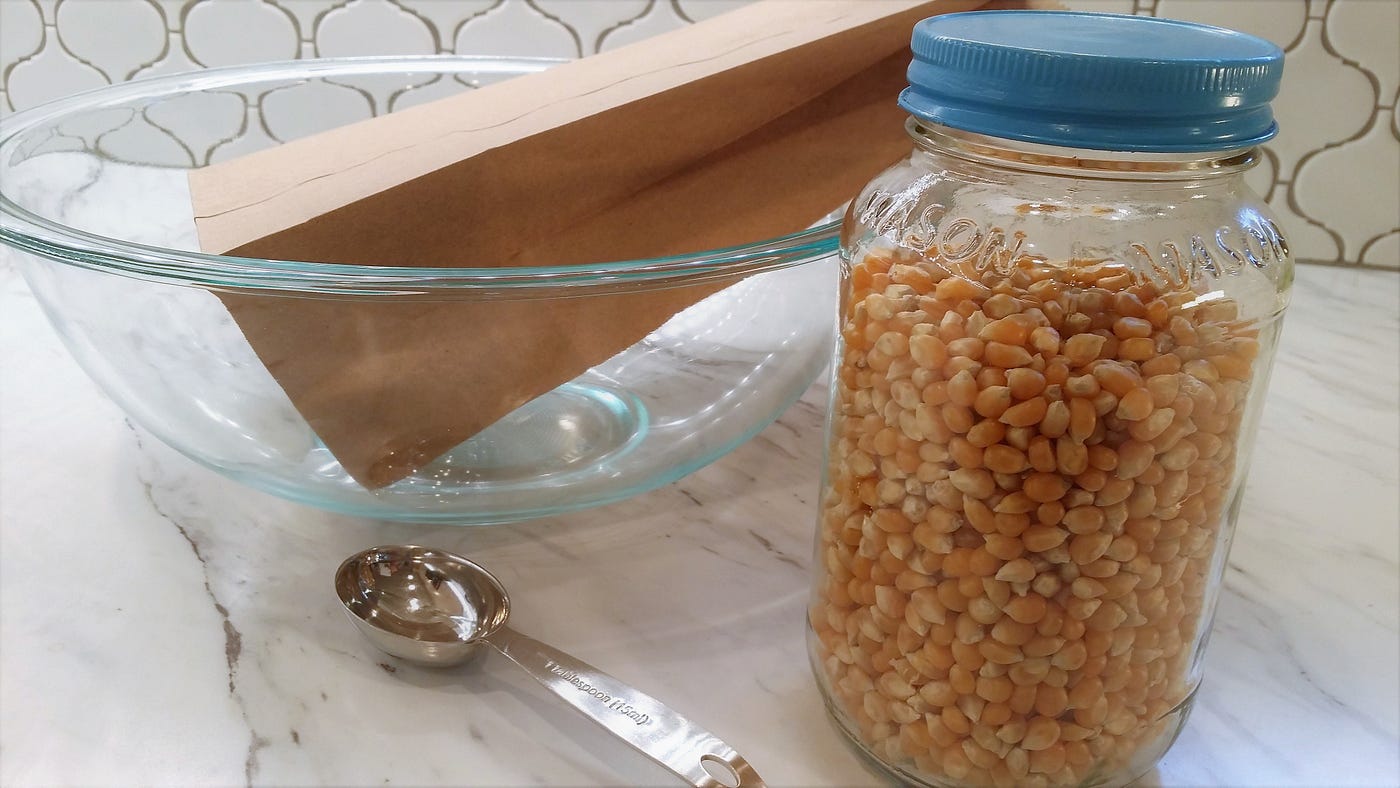
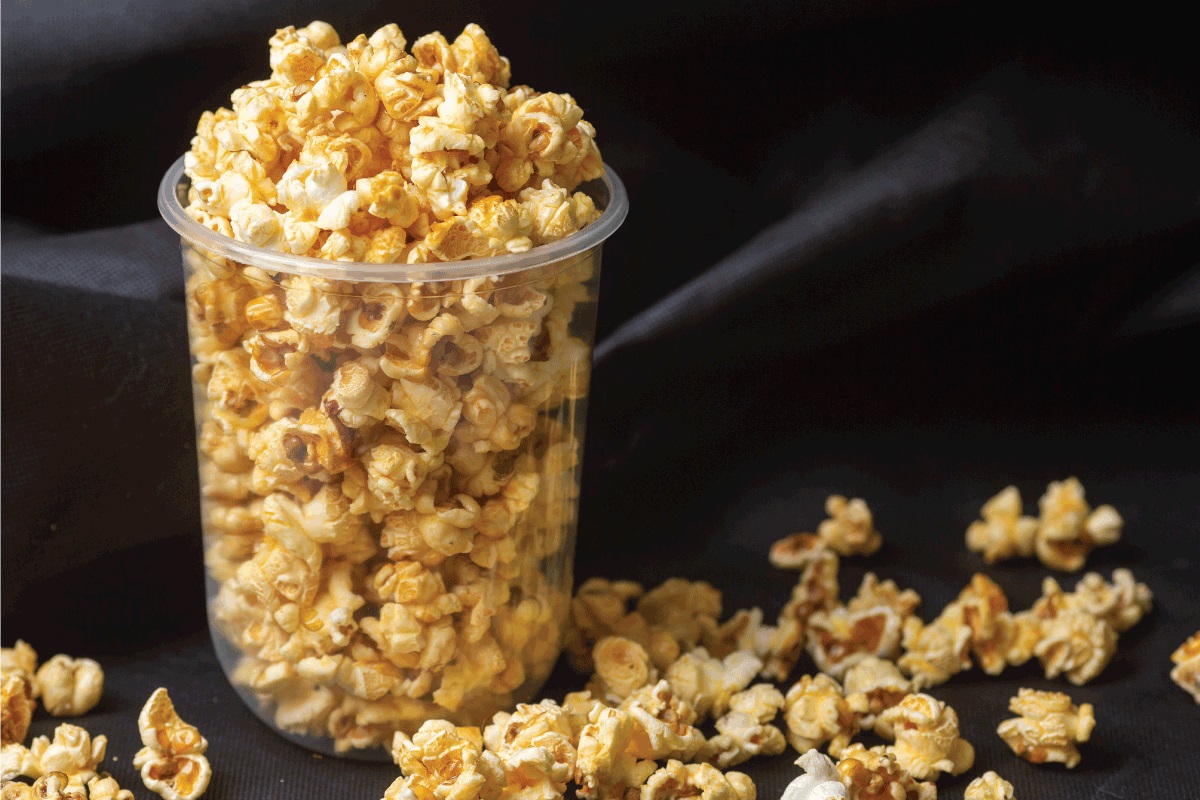
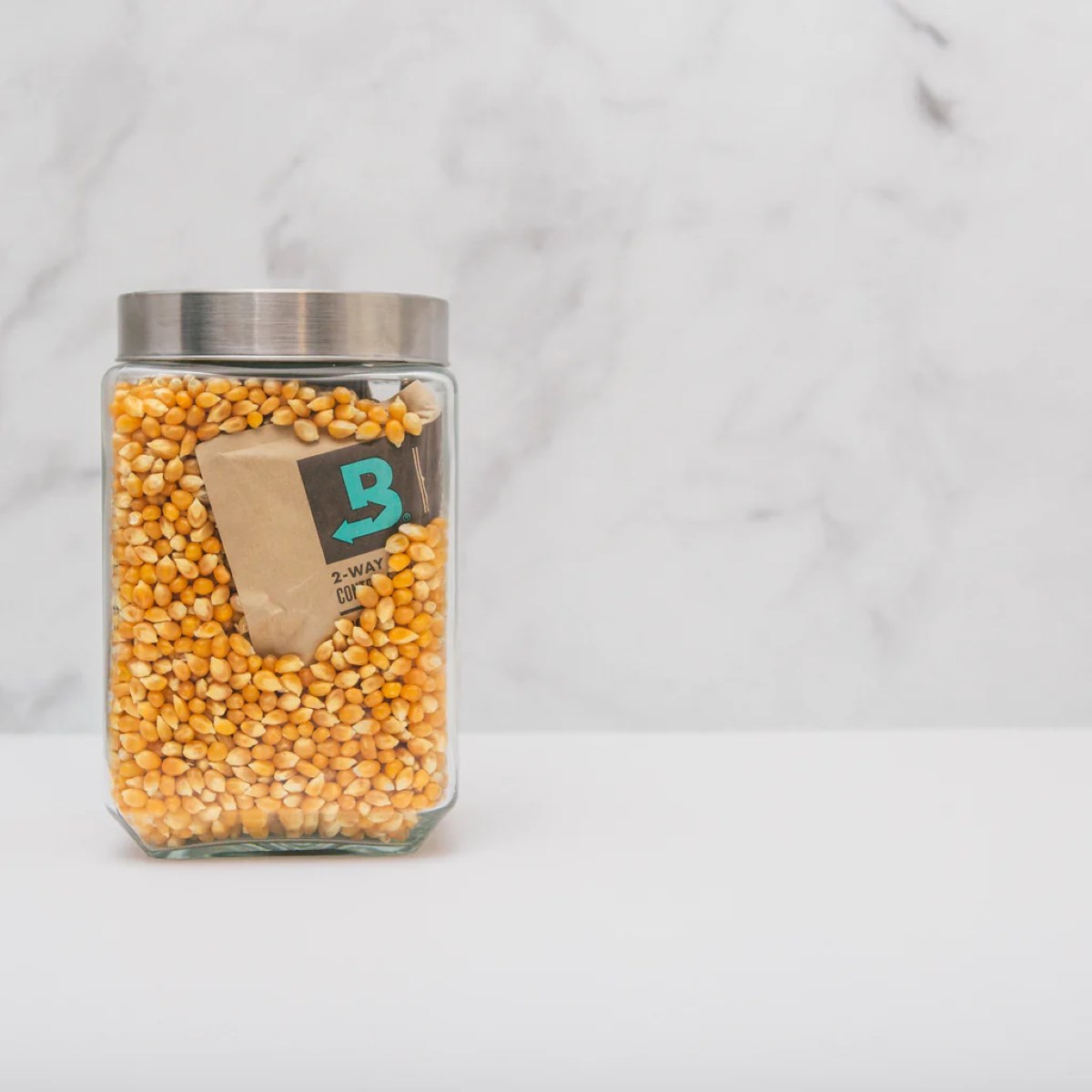
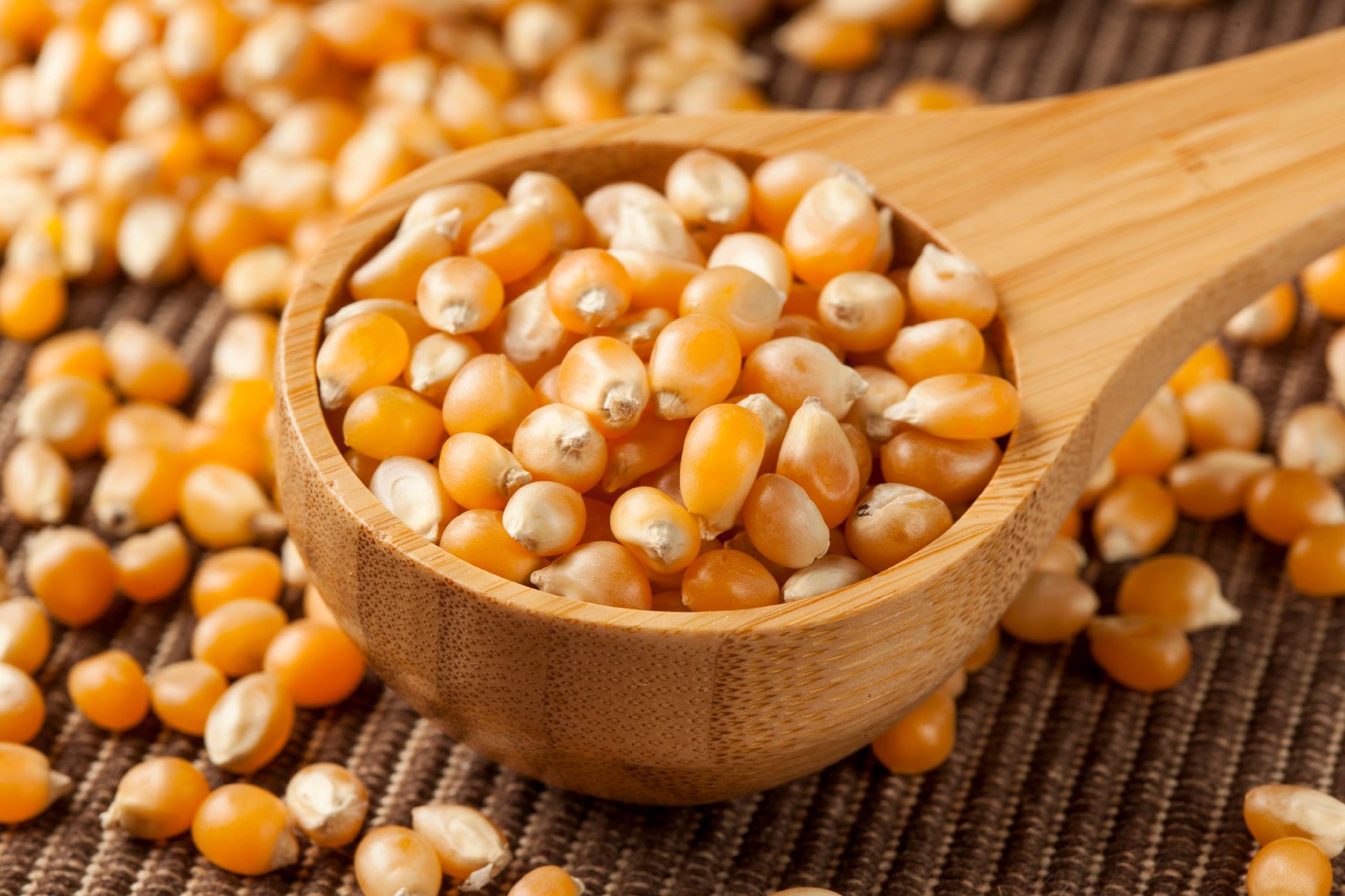
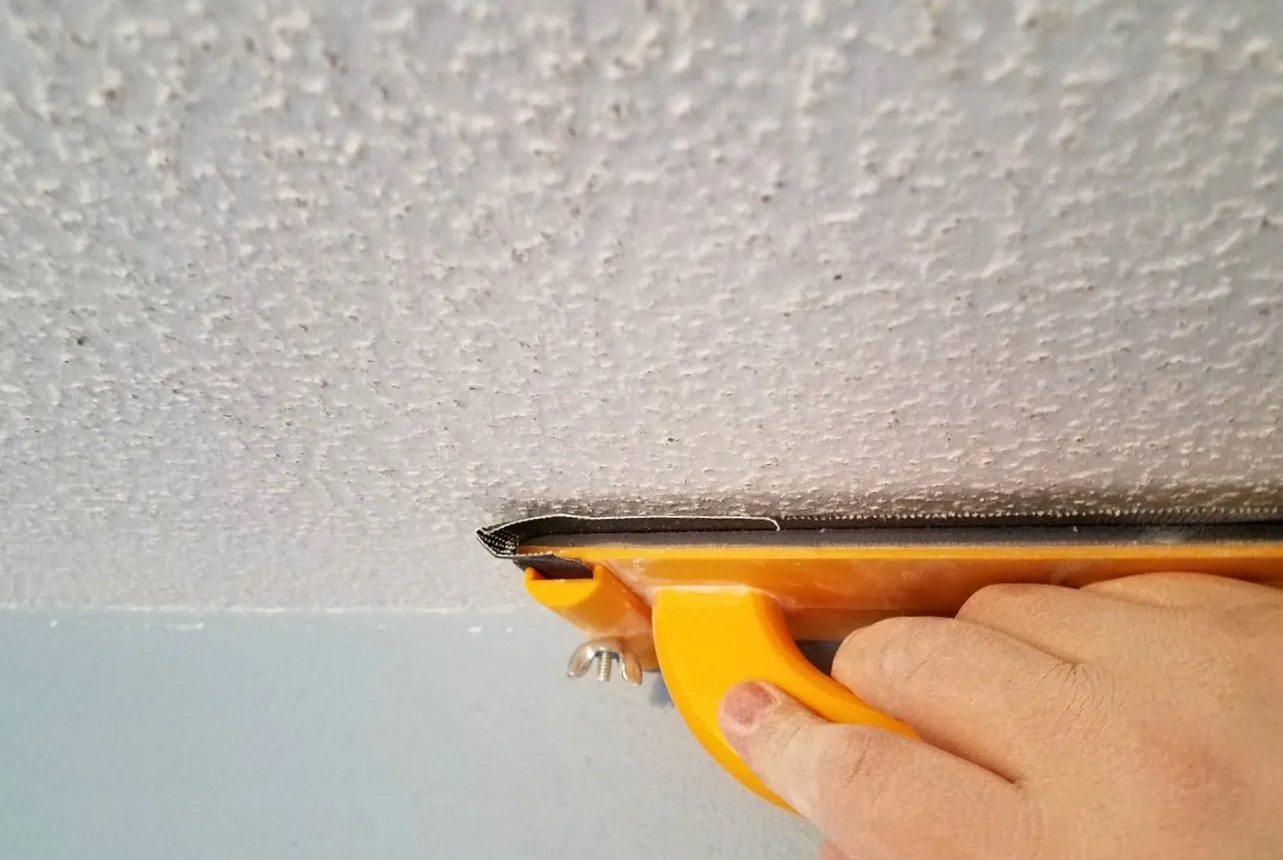
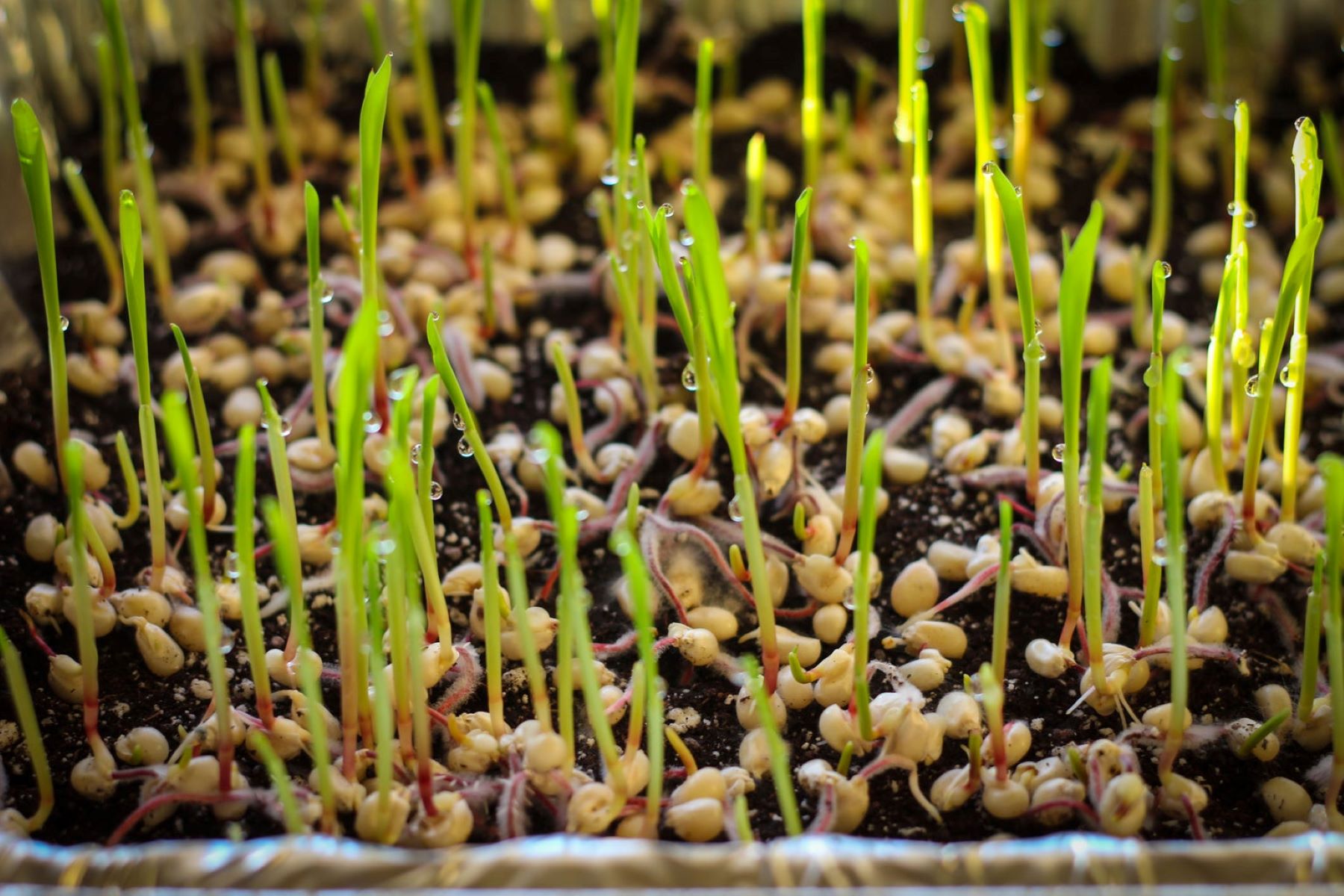
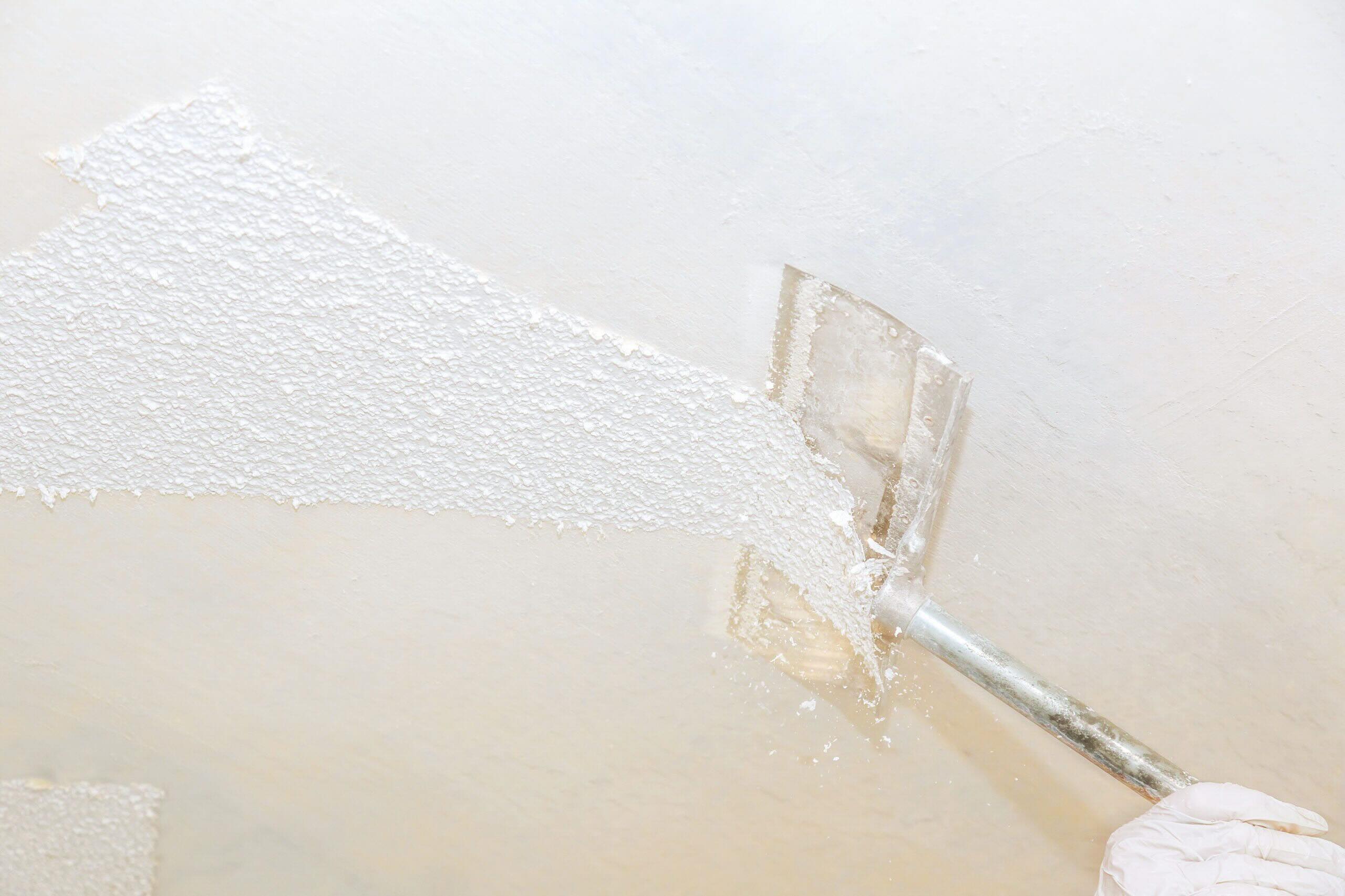
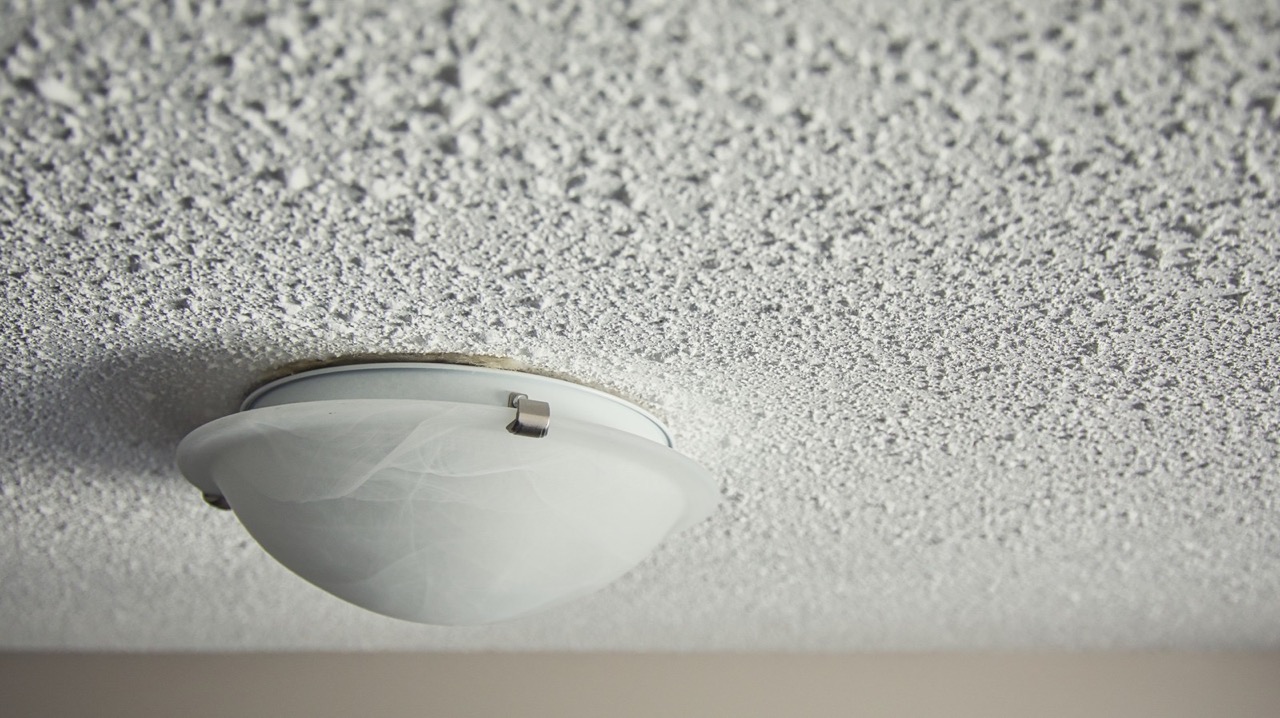
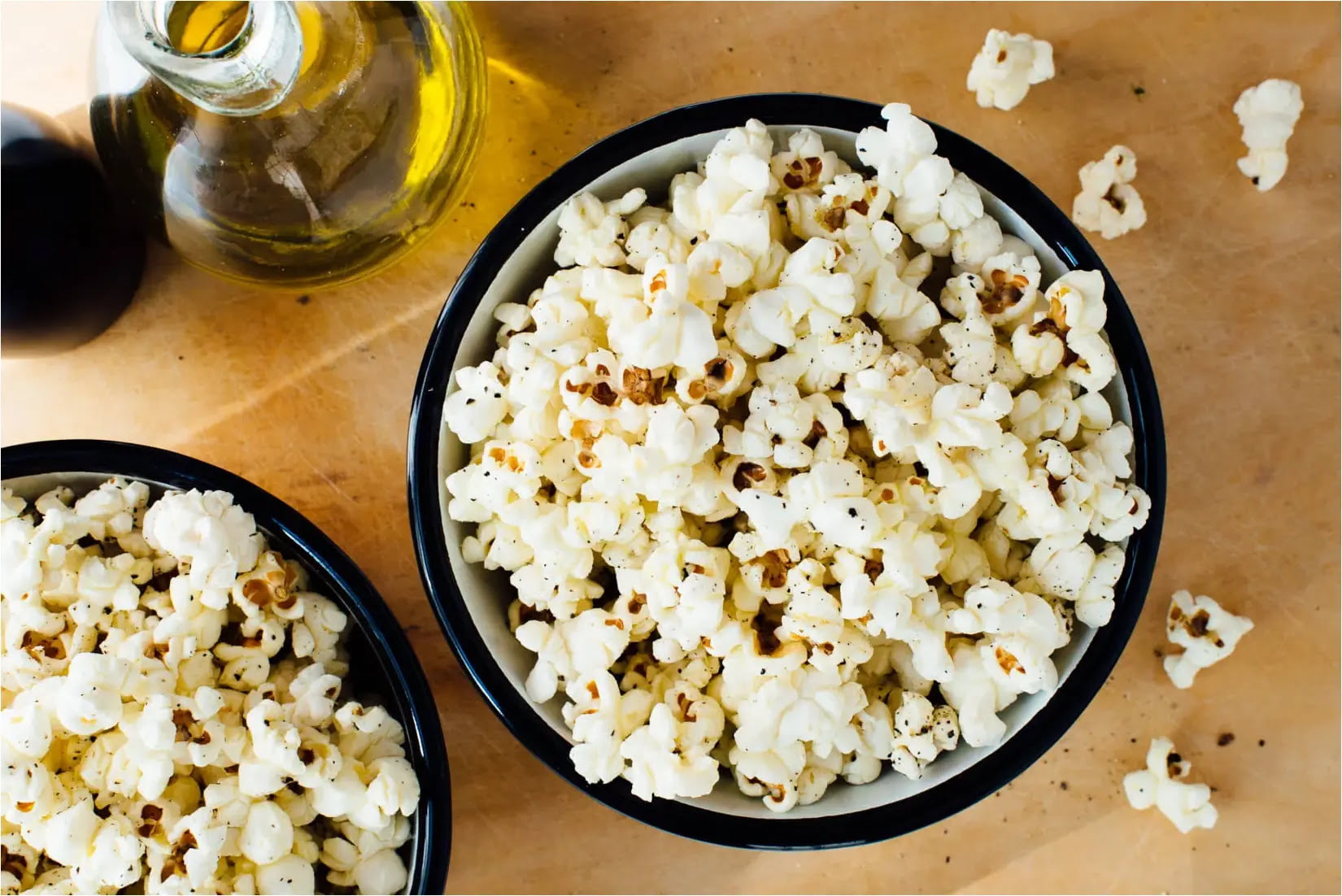
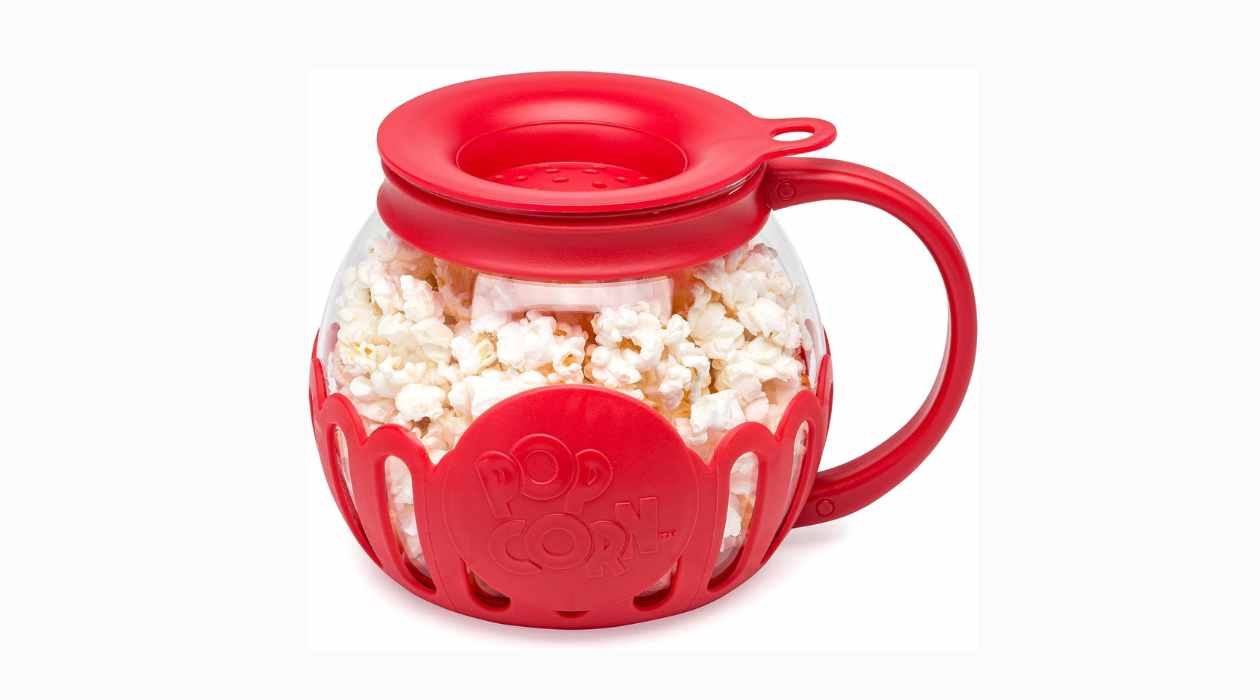

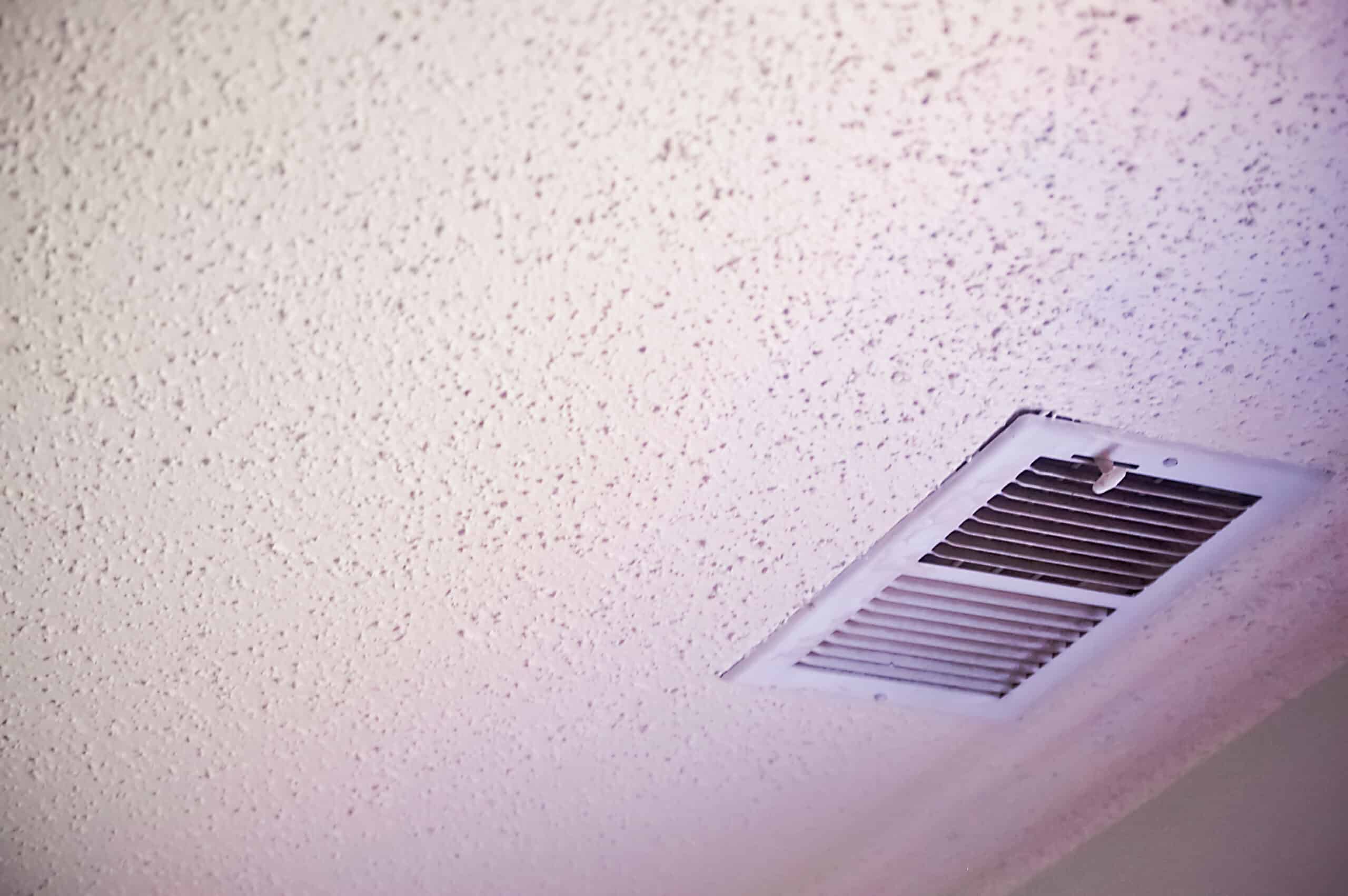
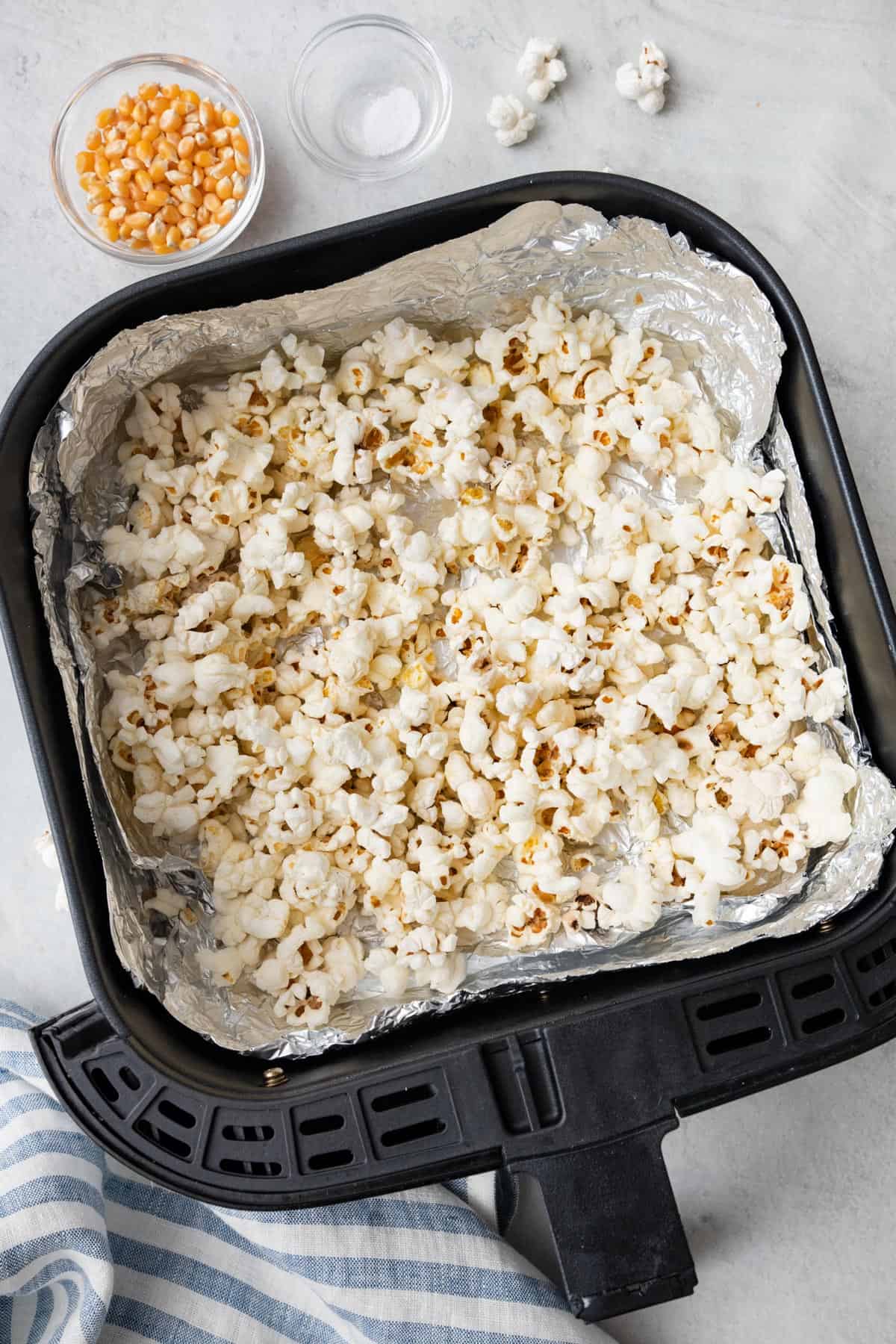

0 thoughts on “How To Store Popcorn”